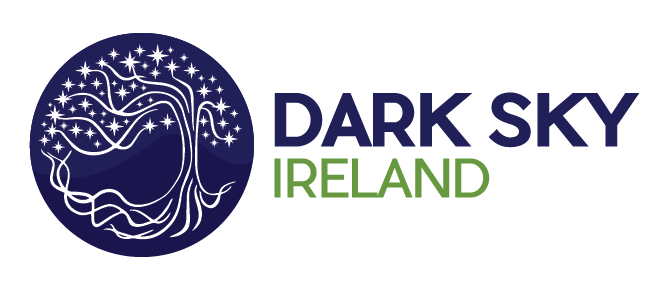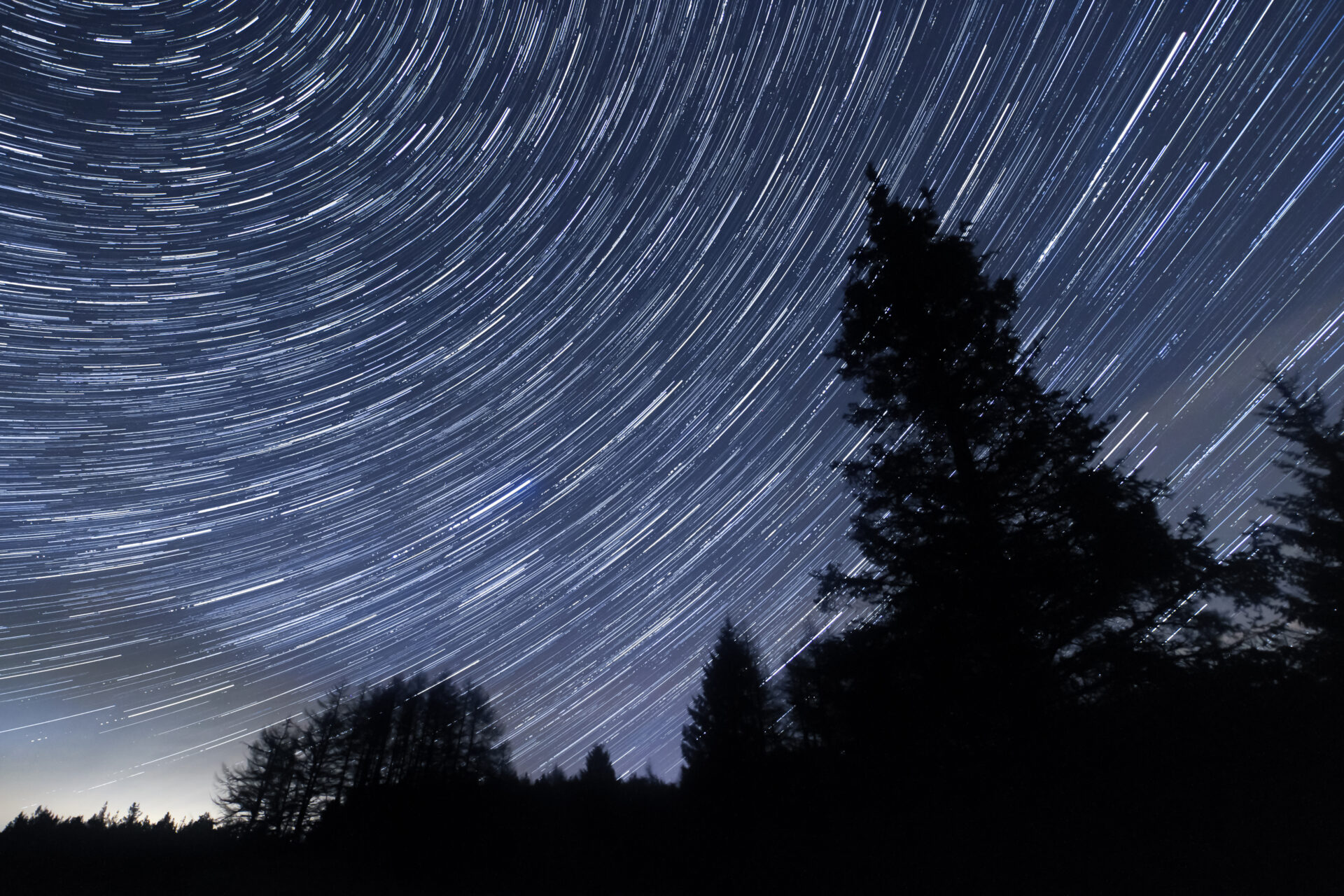 This content comes from the 9th European Symposium for the Protection of the Night Sky
This content comes from the 9th European Symposium for the Protection of the Night Sky
Steven Lockley (Harvard Medical School)
Humans, like many other species, have evolved in the presence of the daily light-dark cycle generated by the Earth’s rotation about its axis. This 24-hour light-dark signal has provided a powerful evolutionary pressure for adaptation to particular temporal niches, for example, adaptation to being day-active (diurnal) or night-active (nocturnal). It is only relatively recently that humans have developed the capacity to generate light. In the last 120 years, however, access and exposure to artificial light at night have become pervasive in all industrialised nations and are becoming increasingly so in the developing world. This light affects all organisms exposed to it, not just humans, and the consequences of such a dramatic alteration in one of the most powerful environmental signals is not yet known. Given its relatively recent introduction, we are only at the beginning of understanding the impact of artificial light on human health. Research over the past 80 years, however, has shown that light exerts very powerful effects on human physiology, endocrinology and behaviour, and, having evolved in a distinct light-dark cycle, it is likely possible that unnatural exposure to artificial light at night is hazardous to human health. This presentation will review the effects of light on human biology and how these effects should be considered for ensuring a healthy light and dark environment.
Light Pollution and Sleep from cadelor on Vimeo.






